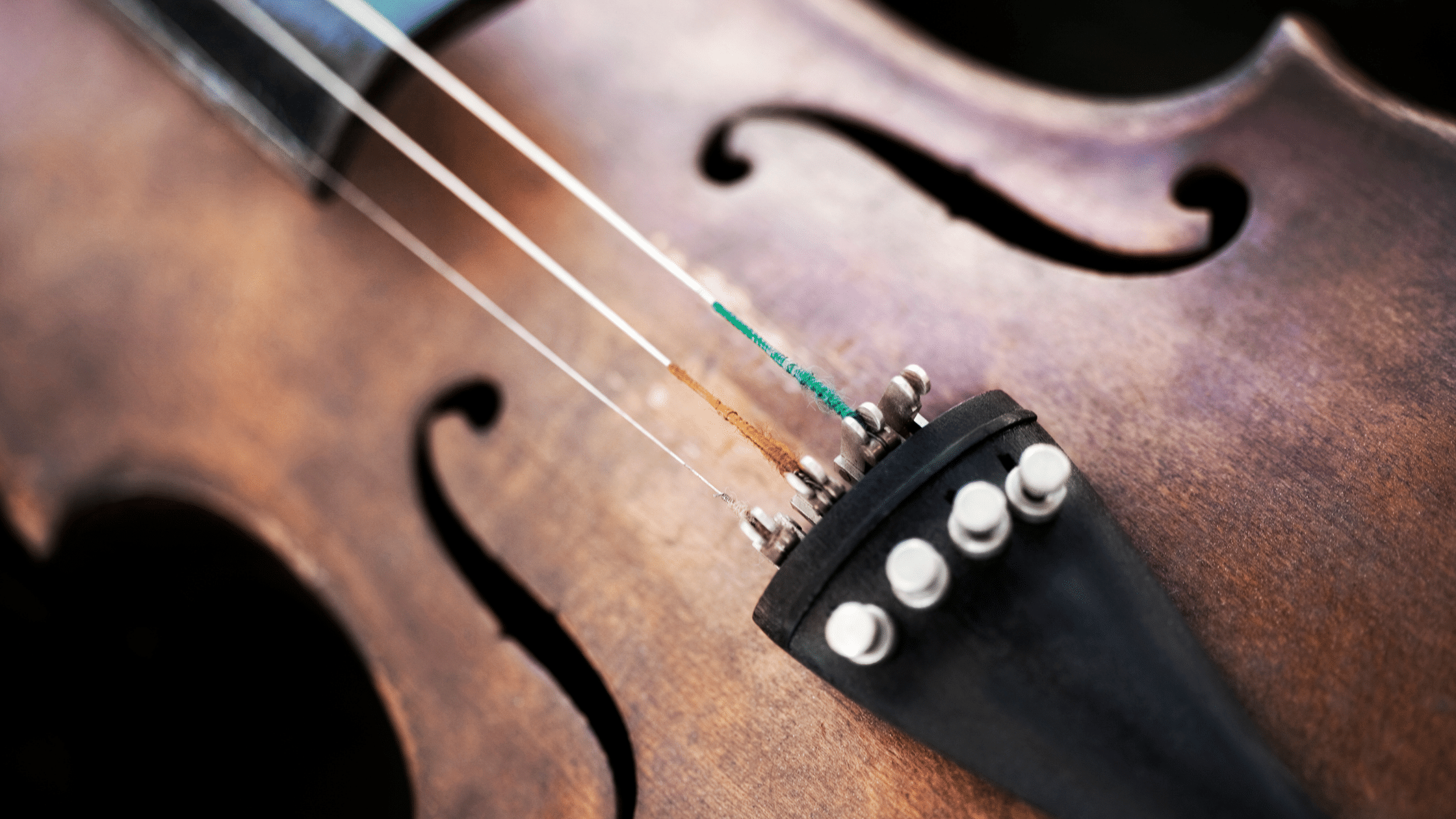
“I give thanks to you, O Lord my God, with my whole heart,
and I will glorify your name forever.
For great is your steadfast love toward me,
you have delivered my soul from the depths of Sheol.” (Psalm 86:12-13)
One night a full crowd gathered to hear the master violinist, Itzhak Perlman, play. There was a chair positioned in the middle of a large stage. Perlman walked with difficulty because of a disability from Polio when he was young. Therefore it took some time for the violinist to make his way across the stage and sit down. By the time he got to the chair, the audience was primed after watching Perlman make his way across stage. Once there, he motioned to the conductor of the accompanying symphony to start. As the master played through a few musical bars, one of his strings snapped with a resulting rapport that sounded like a gunshot. The musicians on stage jumped–startled–and stopped and waited for Perlman. There was a tense silence. He could have simply stopped the performance, shuffled back across the stage; replaced it and started over.
Instead, he motioned to the conductor to continue were he left off. The audience had waited long enough.
Perlman now had only three strings with which to play his soloist part. He was able to find some of the missing notes on adjoining strings, but where that wasn’t possible, he had to rearrange the music on the spot in his head so that it all still held together.
He played with passion and artistry, spontaneously rearranging the symphony right through to the end. When he finally rested his bow, the audience sat for a moment in stunned silence. And then they rose to their feet and cheered wildly–rewarding the master. They knew they had been witness to an extraordinary display of human skill and ingenuity.
As the story goes, Perlman raised his bow to signal for quiet. “You know,” he said, “sometimes it is the artist’s task to find out how much beautiful music you can still make with what you have left.“
Psalm 86 references our Lord as Adonai, which means Master, (7) seven times in the original language . This Psalm is constructed as a prayer and has (15) fifteen requests. As many of you know, seven is the number of completeness in Hebrew tradition.
When I think of the suggestion of completeness in Psalm 86 through referencing God as Adonai 7 times, I think of this story. Of course, Perlman had both innate talent and a sophisticated ability to lean on to complete his song.
When things go wrong in OUR lives, we have the Lord God, our Creator to lean on to complete what He has called us to do.
We are truly incomplete which creates tension and stress in our lives. We know that we make mistakes and that there are just some things we can’t do. We struggle and strive but while we might succeed in human terms sometimes, we are always reminded of our incompleteness. We are just not whole, and we know it.
This story of Perlman reminds me of a picture of gratitude.
“Gratitude is finishing the song we are given with the help of our master to fill in the places we and the world are broken.“
By recognizing, God as our Master (Adonai) we are able to lean on Him to fill in our weaknesses and inability. Gratitude starts with recognizing God as our master and then tossing to him what we can’t do. By casting our cares to the Master we able to have rest through Him delivering us.
The world is broken and incomplete. It is not naturally peaceful but filled with tension. It seems that the brokenness of the world is more evident now than ever. Yet, there are still symphonies. There are still sunrises and songs from birds. Babies are being born and there is love in the air. My kids and wife still laugh heartily. And, our Lord and Savior and Master still intercedes for us constantly before God the Father. He is seated because it is finished. And, there is a symphony in His Creation that is new every morning.
We are complete and made whole and able to work at our calling because He delights in it.
Gratitude is perceiving and participating in the work of our Master even when we are incomplete. Gratitude is sharing God’s mastery with others.
With God’s help and leading, we are able to fill in the notes even though we are missing a string or two.
Are you wondering about the Thanksgiving Journal that I have talked about? Well, Here is a link to sign up for a series of emails that will tell you about that Journal.
Address
About TTD
Sign up for Updates
Events
Speakers
Exhibitors
Event Details
Homeschool Tools
Curriculums
Age Groups
Topics